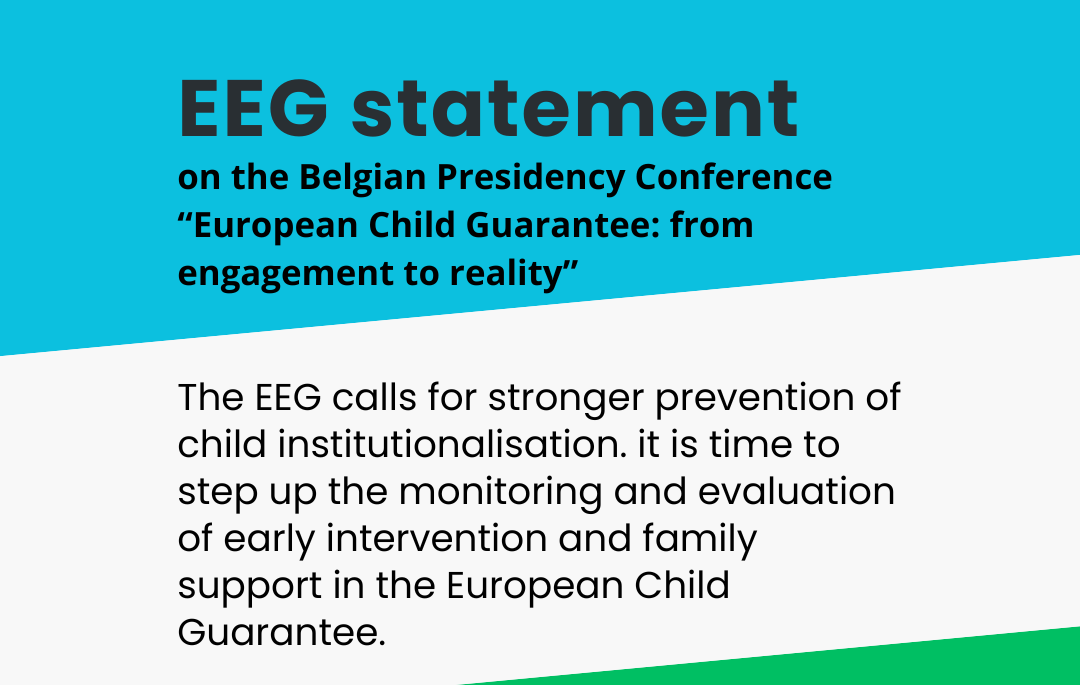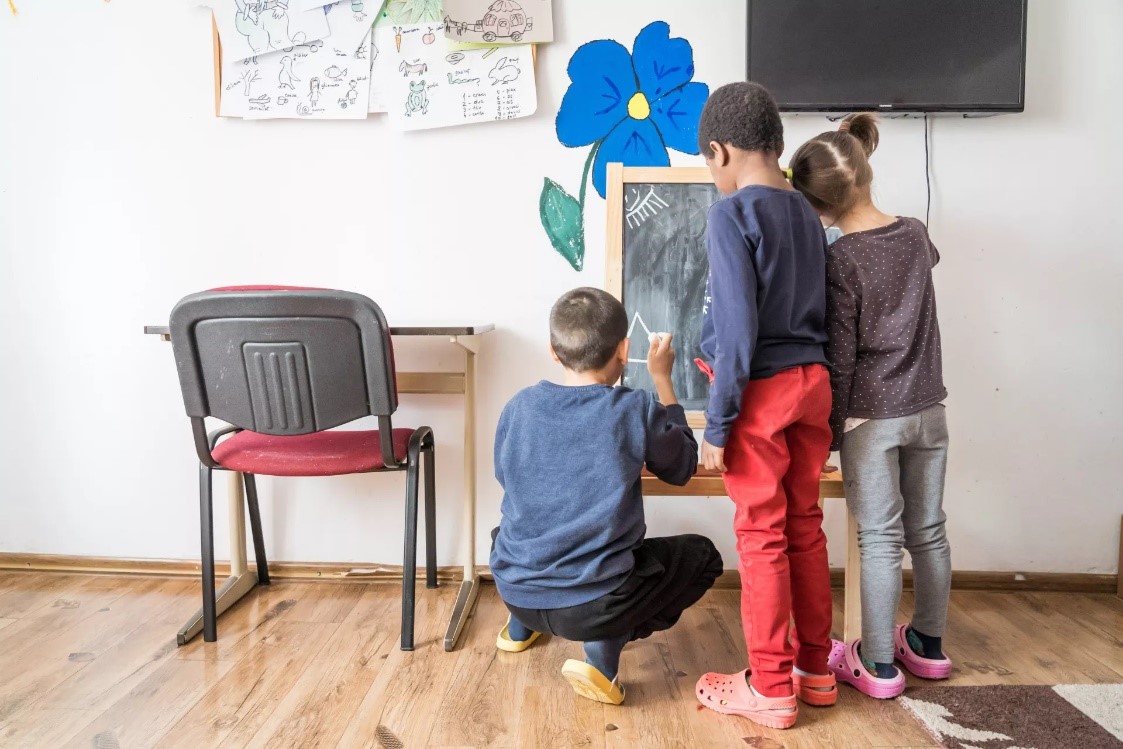How can care leavers benefit from social housing?
Eurochild hosted a webinar to shed some light on good practices of social housing for young people ageing out from alternative care.
Every year, thousands of young people have to leave alternative care systems in Europe when they turn 18, becoming one of the most vulnerable groups at risk of becoming homeless or victims of violence and abuse when they leave the system. Providing them with safe and supported accommodation is therefore crucial for their independent living, especially at the beginning of their life out of care.
During our webinar, Eurochild members and other partners shared how they are supporting care leavers to build their home when they turn 18.
International Foster Care Organisation (IFCO) explained that many care experienced young adults felt abandoned and ill prepared as they moved from childhood into adulthood. Parenting does not stop at 18, therefore we must continue to create greater equity and opportunities for care leavers. Namely, it is essential to support care experienced people in accessing employment, training, stable housing and support. IFCO advocates that any model or framework of creating homes for care leavers:
- Follows a trauma-informed approach;
- Is co-designed by care leavers themselves;
- Recognises the importance of community and relationship-based practice.
In Scotland, the cooperation among the local authorities, supported carers/hosts and care leavers themselves proved to work best. “What turns a house into a home?” – this was the question young people had to answer in the context of the The House Project. Through its ground-breaking approach, this project committed to give young care leavers agency to achieve their own successful independence.
The House Project involves young people from the start and it is built on cooperative principles through which adults and young people in and leaving care work together to refurbish properties that become their homes and to build community for long-term support.
SOS Children’s Villages Croatia has a semi-independent living programme for care leavers. Through this programme, educators with care experienced people support young care leavers by answering their questions and any doubts they might have. Additionally, the programme also offers monitoring, guidance, financial support and help in finding appropriate housing to empower young people to build a successful life. In an attempt to respond to the needs of young people leaving care, they also developed the “Prepare for Leaving Care” toolkit.
FEANTSA presented Housing First for Youth, a rights-based approach to support young people in housing. which. Co-developed in Europe and Canada since 2015, this initiative has adapted the core principles of Housing First to meet the specific needs of young people and it is based on five core principles:
- immediate access to housing with no-precondition;
- social and community integration;
- positive youth development, youth choice
- self-determination
- individualised and client driven support.
A Way Home was adapted for young people’s needs and brings together different support networks – child protection systems, schools, health, mental health and other service providers. It serves as prevention and example of deinstitutionalisation for care-experienced young people because it builds bridge between care system and independent adult life.





